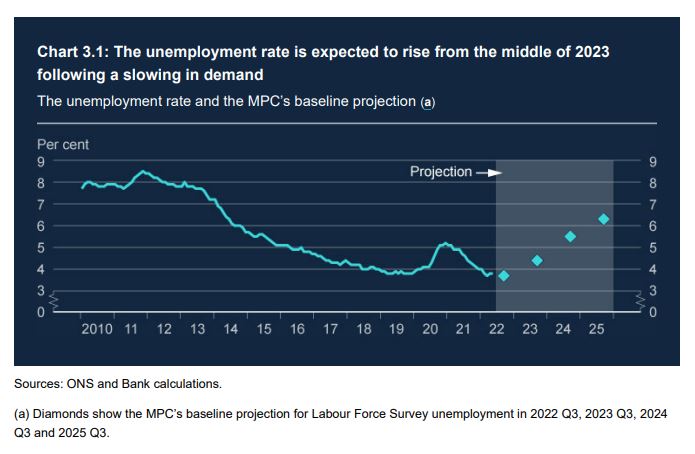
Read the Broadbent speech. It says - not very subtly - that the bond market is waaaayyyy too hawkish on BoE.
maybe some common sense has prevailed #pivot
bankofengland.co.uk/speech/2022/oc…
maybe some common sense has prevailed #pivot
bankofengland.co.uk/speech/2022/oc…
first the RBA, then the BoE.. MAYBE central banks are beginning to realize that it is better to give up chasing the Fed & just let their currencies go, rather than totally blow up their domestic economies (and then see their currencies go anyway)
• • •
Missing some Tweet in this thread? You can try to
force a refresh













